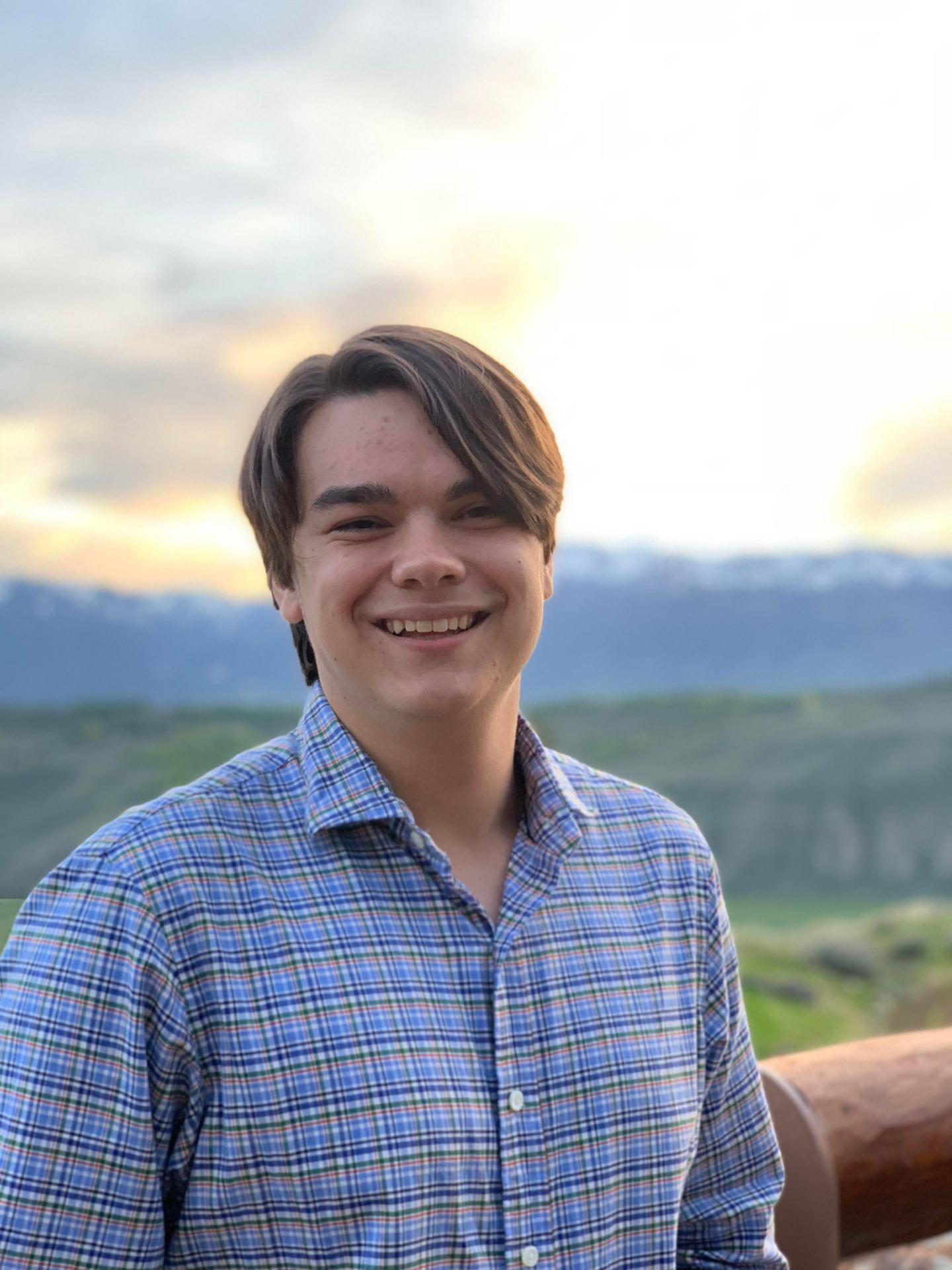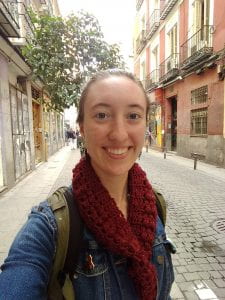Join me for a Book Talk I am hosting on January 28th, 2020 in the basement of Gelman at 6:00 PM. There, I will talk about my journey in getting published and what it really is to sit down and write and know that your work will become part of the public discourse. The event doubles as a University Academic Workshop. While I will be speaking on the industry and how to navigate it, I will delve into the structure, teachings, purpose, and content of my book. How I Became a Traitor will publish in April 2020.
There will be time for Q&A. Ask questions about anything. I’ll answer.
If you’re looking to learn more about the book and my journey, follow me on Instagram (@AtChrisZuniga) and read the section below.
Enjoy your day. Thank you.
_______________________
Story of My Book
My name is Chris Zuniga, and I am the author of How I Became a Traitor. I wrote this book because I have had enough of the social isolation I and others experience for the “discrepancy” between our genetics and our ideas. The biggest obstacle in rebuilding our political and social arena in modern-America is the very social isolation I speak of. I believe the cause of it to be the same people who claim to understand the struggles of others and champion their causes as allies. Sympathy is not empathy. At the sight of my people’s brown skin, we are greatly “valued” by social advocates because we “matter and deserve a seat at the table”. But when we disagree, we are “traitors” and simply “not woke enough.”
Conservatism is not Republicanism, but the recent conflation of the two things has damaged our country. By conflating personal and social values to objective policy prescriptions that do not necessarily correspond with them, we force ourselves into a corner with our faces toward the wall. There’s no way we can begin to sympathize with something we corner ourselves into never understanding. At its core, my book is about the obvious truth no longer commonly practiced: politics is beyond appearance.
My hope is that, in reading this book, you will understand that conservative principles reach far below the surface of everyday liberal-conservative politics. I hope to instill in you the same passion and excitement that I have for understanding society’s facade of understanding the marginalized for its own social and political gain. Ultimately, I want you to see this book as a tool to help you gain special insight into the experiences of everyday people like me, who are assumed by outsiders to have specific ideas, characteristics, and experiences simply because of the way we look. More importantly, this book will help you grow closer to who you are as an individual and more confident in your control of the life you choose to lead.
How I Became a Traitor is a non-fiction book that speaks to everyone interested in the intersection between politics, values, and identity.
The Book – How I Became a Traitor
The book is written in 3 Parts….
Part 1: The Betrayal — Through stories like that of Antonia Okafor, Ashleen Menchaca-Bagnulo, and my own in the context of my family’s journey across the Southern Border, readers will understand identity politics beyond its definition, as well as how its adoption tears our social fabric.
Part 2: The Battle — Through stories of institutional and social suppression and outright racism, readers will learn how identity politics labels everyday minorities as either “tokens” or “traitors.”
Part 3: Our Truce — An exclusive conversation with writer and political commentator Steven V. Roberts will contrast today’s political arena with the recent past, demonstrating how a two-minute change in mindset is enough to restore political unity, promote social progress for all, and treat the country of its politics-by-appearance.
What I Need & What You’ll Get
This book will be published with New Degree Press. I set up the pre-order tiers to help cover the costs for publishing my book. Money raised will go towards the following:
- The Editor I will work with to revise and publish my manuscript in April 2020
- The Cover Design of my Book — the mockups you see currently are a placeholder!
- The Layout Design for the interior of my book (Physical Copy, Ebook Formats)
- The Copyediting for My Book — to help polish the grammar and spelling prior to publication
- The Launch & Promotion Efforts for my book — when I ultimately publish this Spring
When I pre-sell 100 copies of my book, I will publish. When I pre-sell 150 copies of my book, I will also publish an audiobook. When I pre-sell 200 copies of my book, I will publish a hardcover edition. When I pre-sell 250, I will publish a translated version in Spanish.
I am also offering some exclusive rewards for people who pre-order my book now. When I publish, you will receive the following :
- A personally signed copy of my book
- A personal thank you note for pre-ordering my book
- Your Name will appear in a Special, Acknowledgements Section of my book (“with Special Thanks to”)
- Early access to the Introduction of my Book.
- The opportunity to help give me feedback and be involved in selecting my cover
- I will do a book topic/workshop seminar where I will share experience the experiences of writing my book
- An Invitation to my Launch Party
About the Author
Chris Zuniga is an Honors student at The George Washington University, studying Political Communication and Sociology.
Born into an undocumented and poor family in inner city Passaic, Chris experienced crime, poverty, a struggling school system, and hopelessness. Yet, his ideology isn’t what you expect it to be. Having always been put on the spot for his in-the-minority beliefs, Chris learned to manipulate negative attention to his benefit at a young age. He owes this skill to those who try to isolate and discredit him, as he says they “cluelessly promote my success by giving me a platform. They make things like this book a reality”.
In 2017, Chris’s outspokenness earned him national press and an invitation to the Rose Garden for a formal address by the President of the United States. Chris wants a career supporting Black and Latino youth in navigating “toxic, but particularly toxic ‘liberal’ spaces” through imparting what he has learned in his journey from the fourth Most Miserable City in the United States (Business Insider) and into the pinnacle area of elitism, Foggy Bottom/Georgetown in Washington DC.
Chris speaks publicly at a variety of events and aspires to gain a platform where he can make social commentary that he believes will change mindsets, outlooks, and lives. In his free time, he dedicates himself to just that, having previously spoken at Universities, State Board meetings, Boards of Education, Tedx Conferences, and soon, his readers and podcast listeners.
For more information, you can connect with Chris via email at AtChrisZuniga@gmail.com, on Instagram @AtChrisZuniga, and on LinkedIn.
Risks & Challenges
The biggest challenge with publishing a book is delivering the finished book to the backer, specifically my mailing of the book to you. I have eliminated this risk by building into the campaign the mailing and shipping costs of your signed copies to you within each pre-order tier.
The risk of delivering the pre-sale copies of my book is contingent on the publisher we use. I will be working closely with New Degree Press to make sure we get the earliest possible ship date of the signed book copy to you. We will keep all pre-sale backers up-to-date as my book hits each key milestone and publishes. You will know when the copies of my book you pre-ordered are expected to ship.
Other Ways You Can Help
Some people just can’t contribute, but that doesn’t mean they can’t help:
- Please Share my Pre-sale Campaign on Facebook, Twitter, and LinkedIn with your friends, family and network. Please use #IAmATraitor and tag me as well as my publisher, New Degree Press, so we can help amplify your efforts.
- You can easily share my Pre-Sale Campaign Page via Indiegogo at the top of the page
- Please share my book with five friends, family members, or co-workers who you think would enjoy it. Please do this as a text message or direct message on social media.
Thank you so much for all your love and support!
Thanks again,
Chris Zuniga





